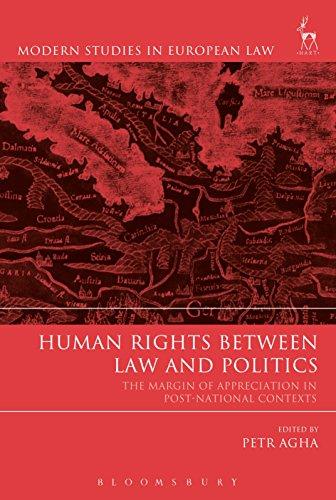Question
Utopia, a small state in South West Europe, recently declared independence from Grandia and it is considering joining the European Union. Rusters Associates (Madrid) where
Utopia, a small state in South West Europe, recently declared independence from Grandia and it is considering joining the European Union.
Rusters Associates (Madrid) where you are employed as junior lawyer, has been approached by Utopia's Government, to advise on a number of points. Your line manager who is an expert in all aspects of the European Union will lead on this work and she wishes to involve you, in order to develop your knowledge and understanding of European Law.
address each of the matters listed below, using relevant European Union (EU) legislation and cases
historical events of the 20thcentury, leading to the creation of the European Union
evaluate the original objectives of the EU
compare and contrast the original objectives of the EU with its current position
address the following requests made by Government officials in Utopia. They want you to:
- provide an evaluation of the functions and powers of each EU Institution covering how the power of Utopia's national government might be reduced, if it joins the European Union
- examine the extent of the jurisdiction of the European Court of Justice andexplain the voting system of the European Council
- analyse the balance of power between the EU and national governments like Utopia.
Utopia wants to understand the doctrine of supremacy and officials have asked you to evaluate it.
They also wish to know the similarities and differences between treaties, regulations and directives and whether upon joining, Utopia will be bound by such legislation, particularly if there is a conflict between EU and Utopia's national legislation.
(assess direct and indirect effect)
Compare and contrast infringement proceedings actioned by the Commission with proceedings actioned by a Member State against another Member State.
Utopia's main economy is wine production. The economy of some Member States of the European Union is also heavily dependent on wine production. It is recognised that some of the wine produced by these Member States is of a lesser quality, compared with the wine of Utopia and it contains various additives, considered to be safe by EU legislation.
Utopia's wine is seen as top quality due to the fact that any additives in its production are banned.
It is also a requirement under Utopian law for wine to be sold only in 500 ml glass bottles. you must provide officials in Utopia with the following:
- An explanation of the meaning of freedom of goods and services
- An evaluation of the prohibition of fiscal and regulatory barriers to free movement of goods and services
- An analysis of justifiable derogations from the principle of free movement of goods
- Evaluate the remedies for infringements of EU Law on the free movement of goods and services.
At present, Utopia requires any Utopian national to obtain a travel permit, if they wish to travel abroad. Foreign nationals who wish to travel to Utopia can only be granted a three months tourist visa, which is non-renewable and for which they need to pay the equivalent of 150 in local currency. Utopia does not grant a right to work to any foreign national.
- In order to encourage population growth, Utopia recently decided to offer the equivalent of 50,000 to any married couple who have at least three children. Utopia does not want to extend this benefit to couples that are not Utopian nationals.
- you need to provide guidance to the officials in Utopia, on the free movement of persons and the freedom of establishment. In this guidance you must:
- Explain the terms 'worker' and 'establishment' in relation to EU Law on free movement of persons
- Examine the rights of workers under EU Law of free movement
- Analyse the exemptions to the EU Law on free movement
- Appraise the impact of vertical and horizontal effects on individual rights to free movement
- Distinguish between social assistance and social advantage in relation to the free movement of persons
- Evaluate the role of EU citizenship in regulating rights of third parties.
Step by Step Solution
There are 3 Steps involved in it
Step: 1

Get Instant Access to Expert-Tailored Solutions
See step-by-step solutions with expert insights and AI powered tools for academic success
Step: 2

Step: 3

Ace Your Homework with AI
Get the answers you need in no time with our AI-driven, step-by-step assistance
Get Started


